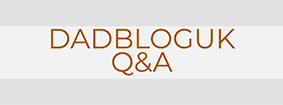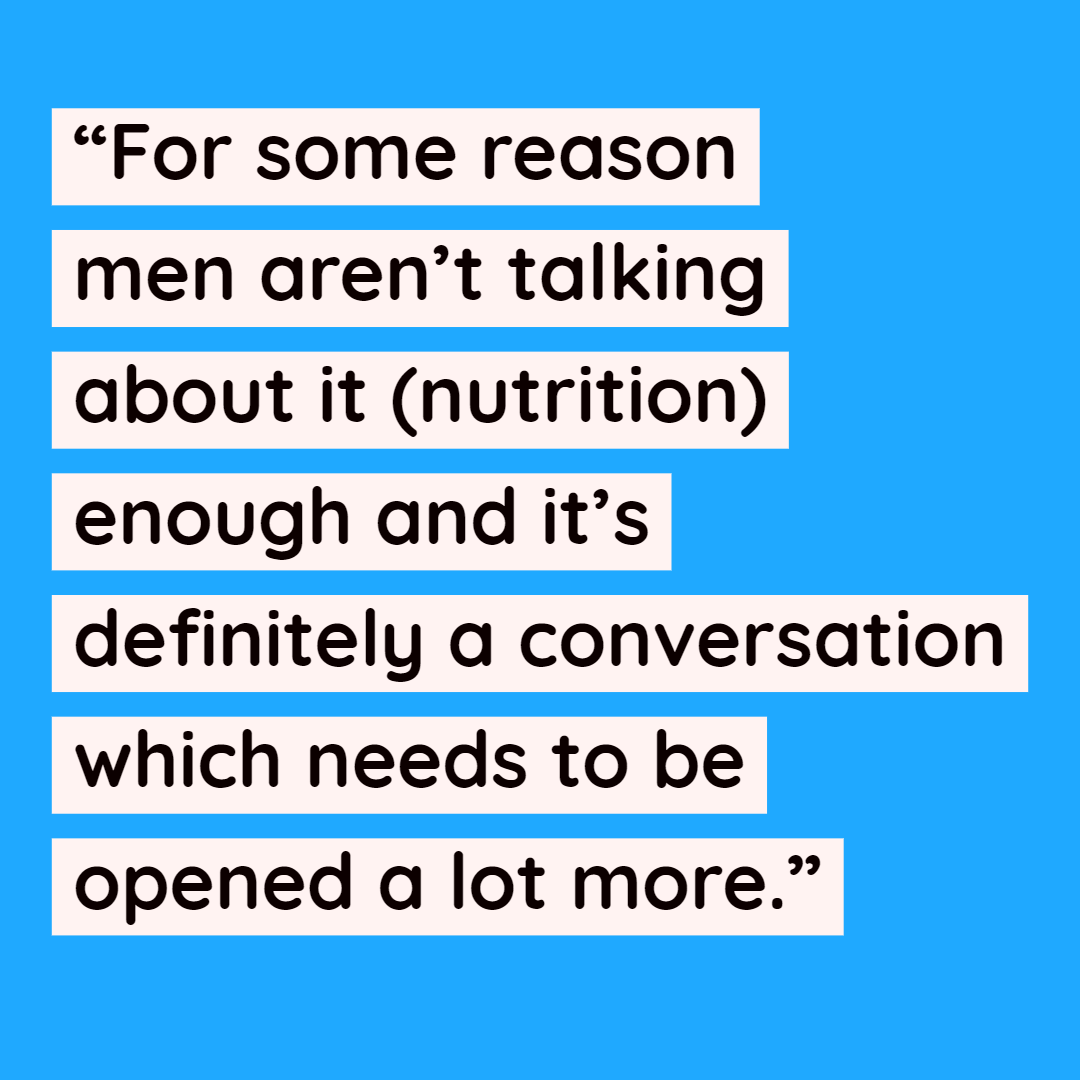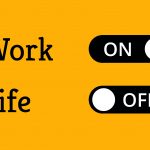How much do you know about men’s nutrition? I don’t know as much as I should, but as I have now left the phase of fatherhood where I would ram whatever I could find into my mouth because I was busy looking after two pre-schoolers, it’s an area I am increasingly interested in. I have more time to think about my health and I am more concerned about my nutritional needs.

I recently attended an event to learn all about how berries are farmed and how you can cook with them (watch this space, a blog post on this subject is coming very soon!). Nutritionist Jenna Hope was also at the event and she delivered a very interesting talk about the nutritional value of berries, in particular making a couple of remarks about how berries can be very good for the prostate.
This got me thinking. Rarely, if ever, have discussions about nutrition with male friends delved much deeper than the fat content in food. I thought I could be on to something and so asked Jenna for some general pointers on nutrition and men’s nutrition.
I hope you find her answers useful. If you have any specific queries or comments, please do feel free to leave a comment yourself at the end.
Can you please introduce yourself and your work?
Hi, I’m Jenna Hope. A nutritionist registered with The Association For Nutrition. After studying as an undergraduate and a masters in nutrition, I set up my nutrition consultancy business which is Jenna Hope Nutrition. I work with individuals, brands, corporate companies and the media to deliver smart, practical and digestible nutrition advice which is aimed at improving overall health and wellbeing. In addition to this, I also co-founded a business with a fellow nutritionist where we deliver nutrition education in schools, colleges and universities.
I have heard you say a lot about stress and tiredness the impact this has on most people. What is the link between stress, tiredness and food?
Stress is significantly linked to food choices and the amount of food consumed. Some people lose their appetite when they’re stressed due to the cortisol (stress hormone) which reduces metabolism and digestion as a priority. On the flipside, around 40% of people increase their food intake in response to stress.
Highly palatable foods (e.g. high fat, high sugar foods) dampen down the release of cortisol which leaves you feeling calmer. In addition to this, we also know that when you’re tired you’re much more likely to consume higher sugar foods to increase your energy intake and more of it. Leptin, your satiety hormone, becomes less effective and as a result you’re more likely to feel hungry too.
Thinking specifically men’s nutrition, what are the main nutritional issues that men face?
As a general rule of thumb males face challenges such as being less interested in nutrition (definitely not all but in many cases). Time is also a challenge and social drinking is also a huge player as there can be a subconscious bias to pick unhealthy food and alcohol. It’s also sometimes not seen as ‘manly’ to opt for healthier options. With women it’s deemed more socially acceptable to pick healthier options and care about your nutrition whereas for some reason men aren’t talking about it enough and it’s definitely a conversation which needs to be opened a lot more.
Men also struggle with a slowing metabolism as they age which can prove challenging if they continue to eat what they’ve always eaten.

Thinking again of the main health issues affecting men, how can they adjust their diets to make them healthier?
It’s really about incorporating more plant rich foods to ensure adequate levels of phytonutrients. These are chemicals which are found naturally in plants.
Lycopene is a key antioxidant which has been found to reduce the risk of prostate cancer in men. Fibre consumption is also really important to maintain a healthy gut function. Gut disorders amongst men are very common although they’re often not spoken about as males seem to get on with life without complaining too much.
Ensuring adequate fibre consumption can also help to support a healthy gut. I also find that with the men I work with in my clinic, many are drinking too much coffee which is contributing to their daily stress response and in turn can affect their gut health and overall nutrient status.
Thinking specifically about fathers, What do they need to keep in mind nutrition-wise? I’ve previously read quite a bit about prospective fathers and what they need to consider for good sperm health. Have you any pointers here?
Whilst everyone is different and fertility is a very personal topic there are a few key nutrients which play a role. Selenium is vital to help make the sperm swim.
Foods such as brazil nuts, shellfish and meat are great ways to ensure adequate intakes. Zinc is also particularly important in maintaining sperm count and the quality of sperm. Meat and fish are a great way to ensure adequate zinc levels. Vitamin B12 also helps to protect sperm count and sperm motility. Meat, fish, eggs and dairy are rich in B12. Those following a vegan diet are recommended to supplement with B12.
What do you have to say about current food trends such as veganism, keto diet and intermittent fasting?
There are so many fads at the moment and whilst there is no one size fits all it’s important to be aware that just because something worked for your friend / neighbour it isn’t necessarily going to work for you.
With regards to the keto diet, the research is focussed around epilepsy management and not weight loss. The literature fails to favour one diet over another for weight loss over a period of 2 years. The keto diet is also very restrictive which can pose challenges and increased risk of binging later on.
Intermittent fasting is an interesting one and one which we don’t have enough literature on at the moment. The main theory as to why it can generate weight loss is due to the reduction in calories due to the reduced eating window.
Finally, veganism is a current trend which I fully respect anyone who is choosing to go vegan for environment or ethical reasons although it’s not necessarily healthier. It can pose risk of deficiencies such as omega-3, calcium, iodine, Vitamin D and B12 and therefore you need to ensure you’re getting your nutrients from other places.

We’re coming up to holiday season. What advice would you give families to ensure they eat healthily while on vacation?
I’d say don’t stress about what you’re eating but at the same time try and make healthy, conscious decisions. Just because you’re on holiday isn’t to say that you should go all out and go mad.
You might eat a little more and drink a little more than normal but try and opt for good quality protein and vegetables at breakfast (avoid the pancakes, waffles and sugary pastries at breakfast) and save your sugar consumption for later on in the day when you’re more likely to enjoy an ice cream.
When it comes to alcohol stay hydrated between drinks, try and opt for clear spirits and tonic over sugary cocktails and beers as the sugar content can quickly add up.
Where can people find you online?
You can find me on my website at jennahopenutrition.com or on Instagram @jennahopenutrition
And finally. . .
In addition to dietary changes, supplements like Gundry MD Total Restore can play a role in improving gut health. The natural ingredients in Total Restore, such as L-Glutamine and Licorice Root, help repair the gut lining, which can support digestive health and overall wellbeing. It may help reduce bloating and discomfort, allowing for better absorption of nutrients, which is essential for overall health.






